- Home
- Learn
WWIF is a 501(c)(3) non-profit organization that provides clean, safe drinking water in developing areas.
- Categories
Location
Function
Technology
Brand
- Catalogue
- Components
- Become a Distributor
- Blog
Whole house filters
Our whole house filtration systems remove sediments and contaminants at the source, providing clean water to every tap in your home.
Take a look at our latest offerings
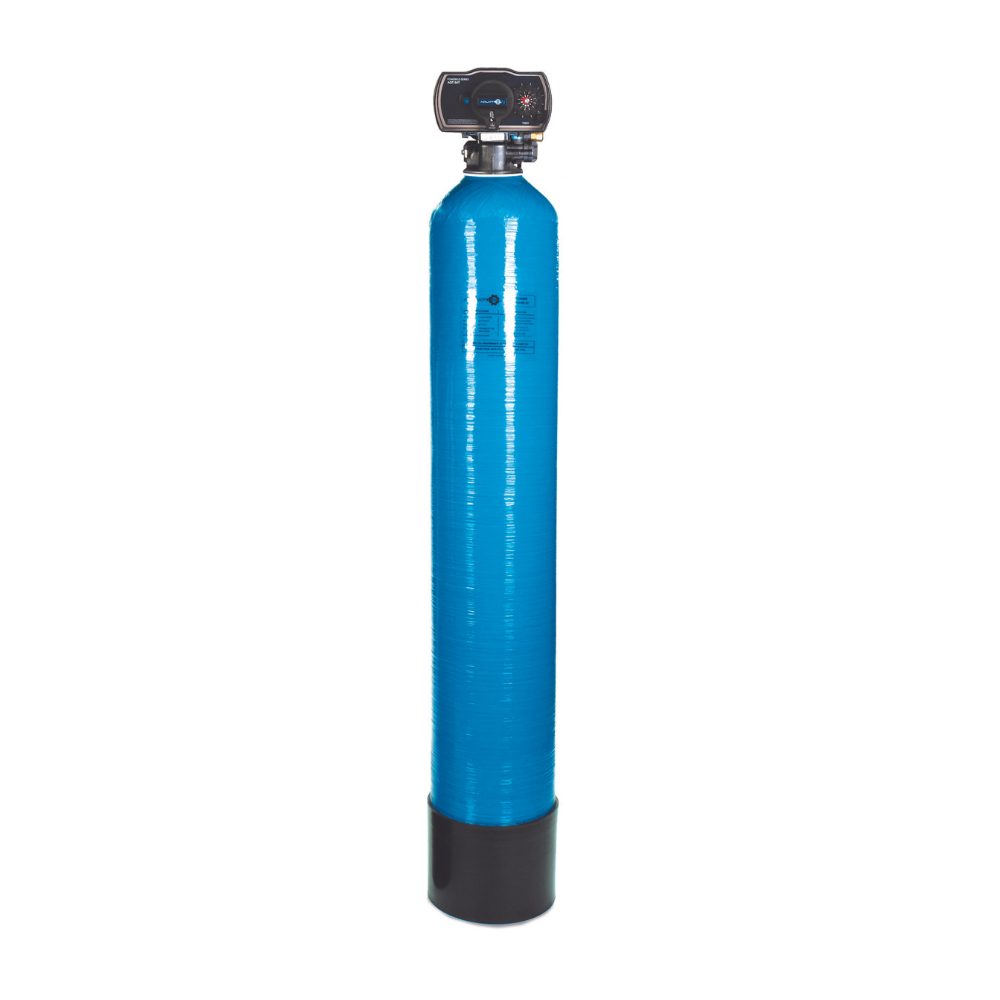
H2OGuard® Whole House Granular Activated Carbon Filter (GAC) with Aquatrol Electronic Timer Valve
Our whole house filtration systems remove sediments and contaminants at the source, providing clean water to every tap in your home.
SKU:
H2OG-FS-56FTSE-1/1.5/2.0
Categories featured, Laundry, Office, Whole House
Features and Benefits
Removes
GAC For the removal of Chlorine and to improve Color, Taste and Odor
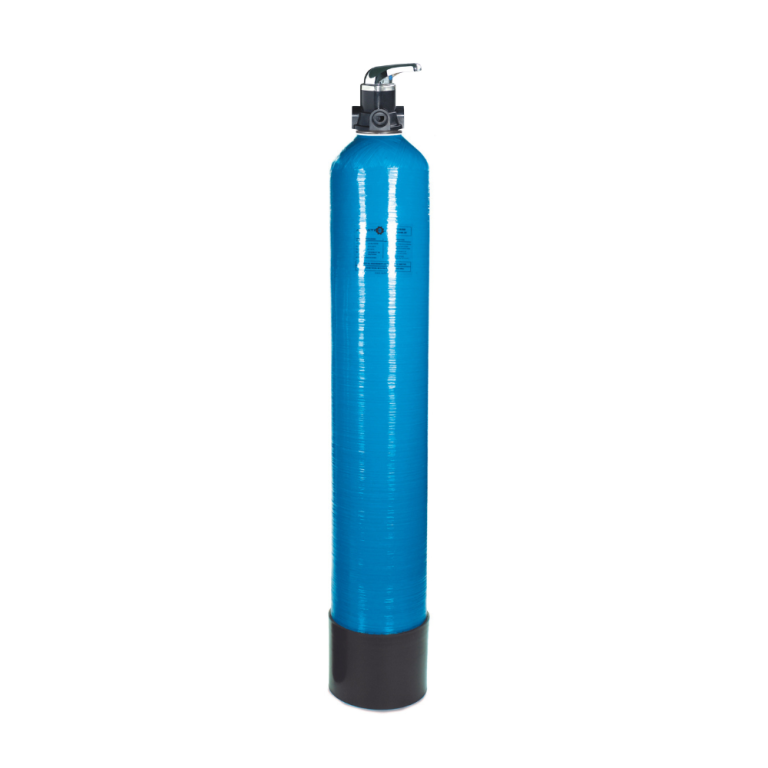
H2OGuard® Whole House Granular Activated Carbon Filter (GAC) with Manual Backwash Valve
Our whole house filtration systems remove sediments and contaminants at the source, providing clean water to every tap in your home.
SKU:
H2OG-FS-56FTSE-1/1.5/2.0-1
Categories featured, Laundry, Office, Whole House
Features and Benefits
Removes
GAC For the removal of Chlorine and to improve Color, Taste and Odor
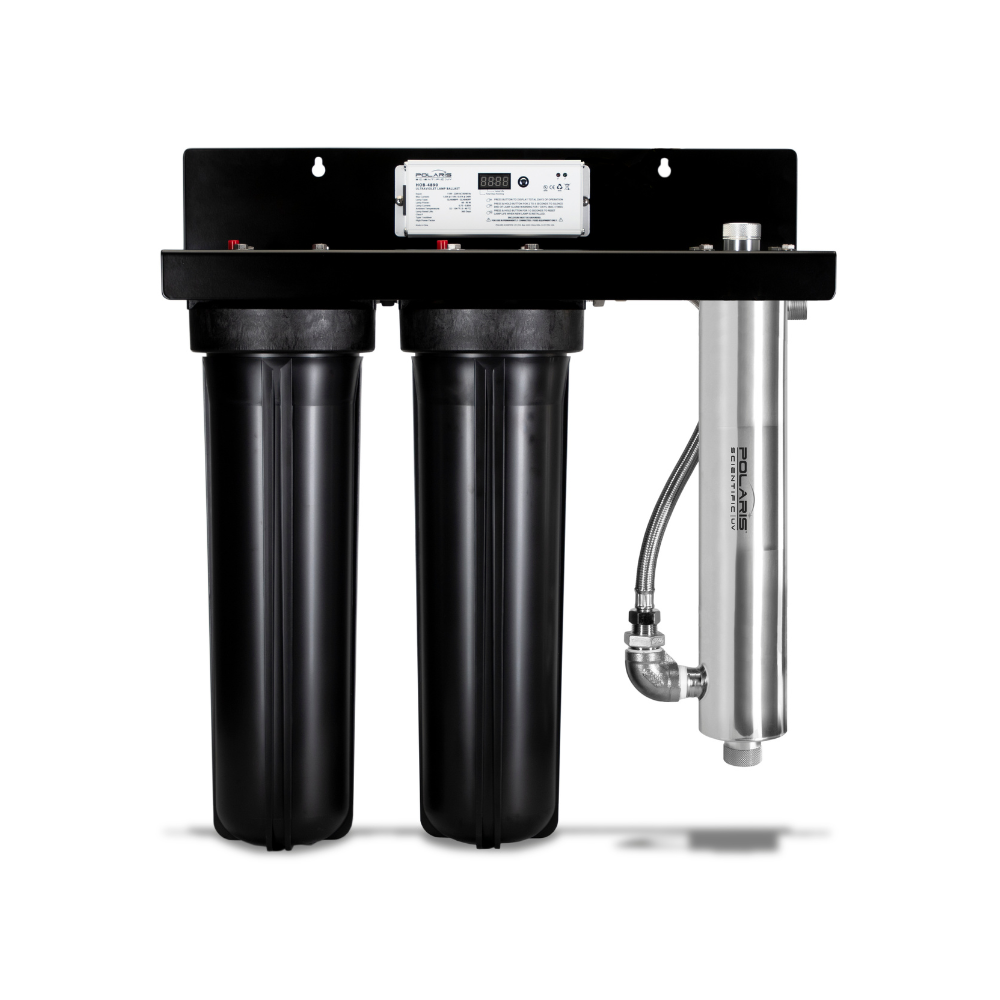
H2OGuard® Whole House Wall Mount System with Ultraviolet Light for Added Microbiological Protection
Our whole house filtration systems remove sediments and contaminants at the source, providing clean water to every tap in your home.
SKU:
H2OG-UVA-418-S22
Categories Boat/RV, Office, Whole House
Features and Benefits
Removes
UV to eliminate Bacteria, Viruses, and Cysts. Sediment pre-filter and Chlorine removal cartridges included.
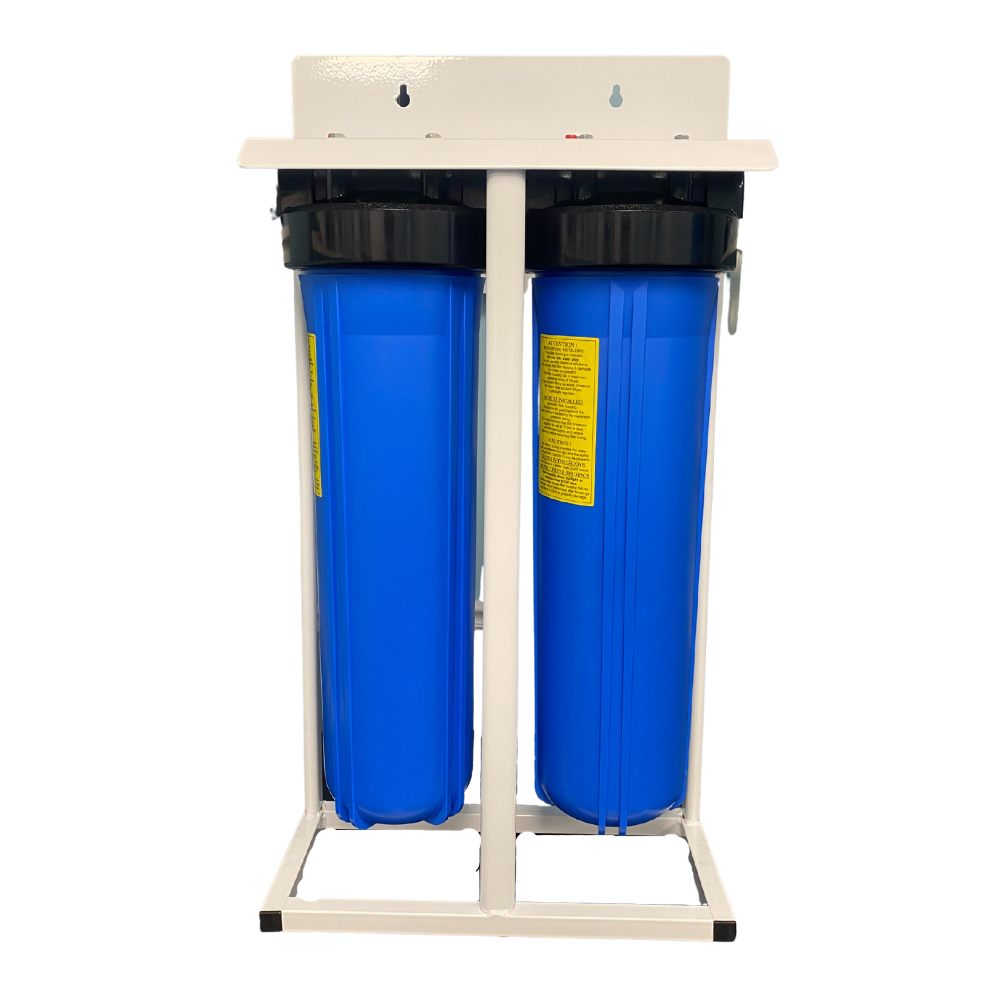
H2OGuar® 2-Stage Wall Mount or Free Standing Whole House System with Replaceable Cartridges
Our whole house filtration systems remove sediments and contaminants at the source, providing clean water to every tap in your home.
SKU:
H2OG-WM2
Categories Boat/RV, Office, Whole House
Features and Benefits
Removes
Enhance Your Home's Water Quality with a Range of Technologies for your Entire Home.
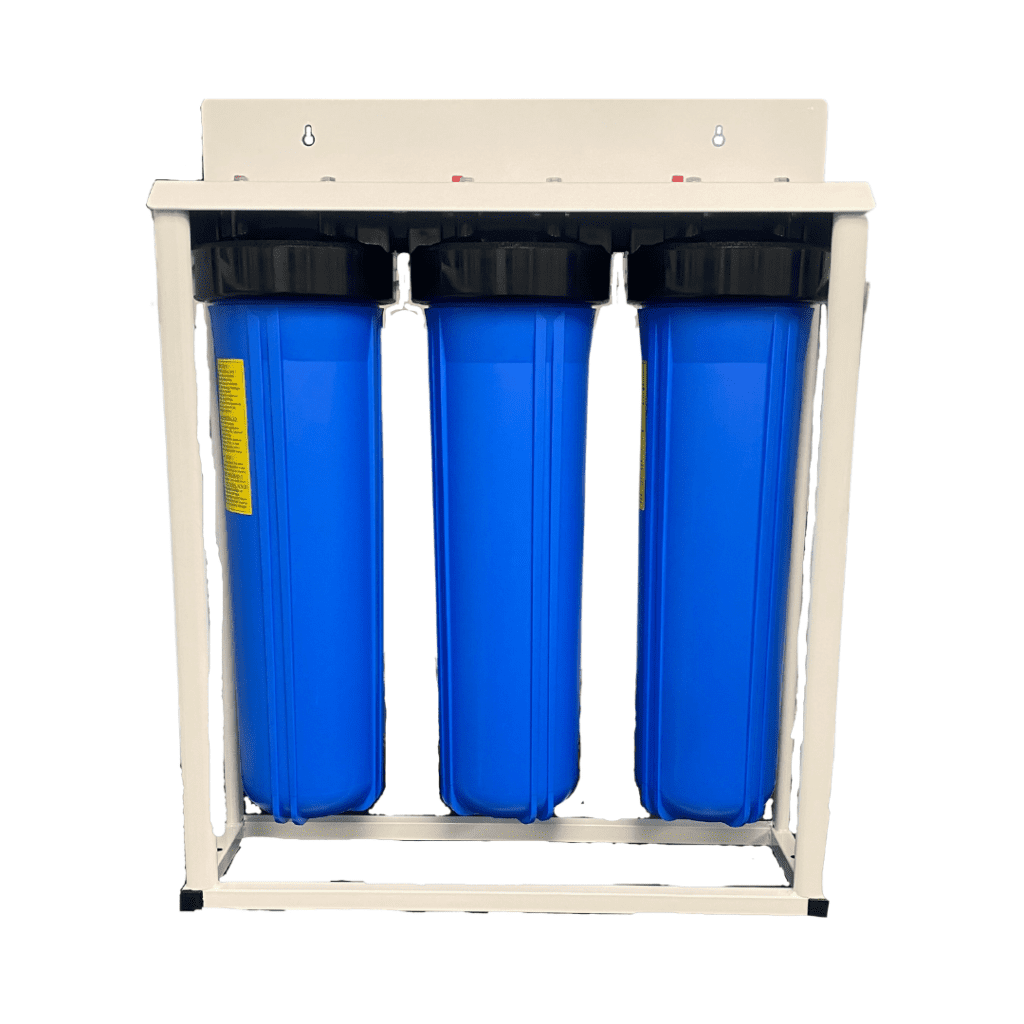
H2OGuard® 3-Stage Wall Mount or Free Standing Whole House System with Replaceable Cartridges
Our whole house filtration systems remove sediments and contaminants at the source, providing clean water to every tap in your home.
SKU:
H2OG-WM3
Categories Boat/RV, Office, Whole House
Features and Benefits
Removes
Enhance Your Home's Water Quality with a Range of Technologies for your Entire Home.
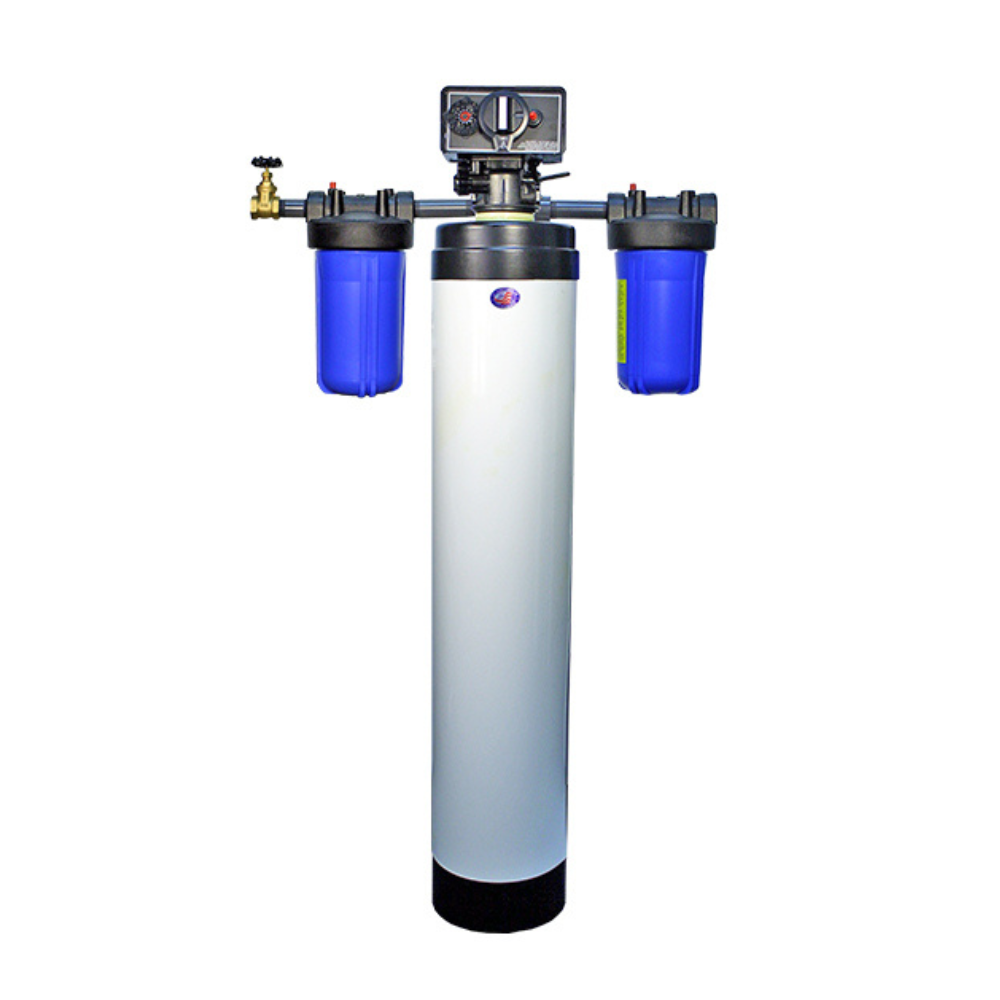
IL9 High-Capacity Whole House Water Filter System With Automatic Backwash
Our whole house filtration systems remove sediments and contaminants at the source, providing clean water to every tap in your home.
SKU:
H2O-IL9A
Category Whole House
Features and Benefits
Removes
GAC / KDF® Ideal for homes with 3 or more rooms
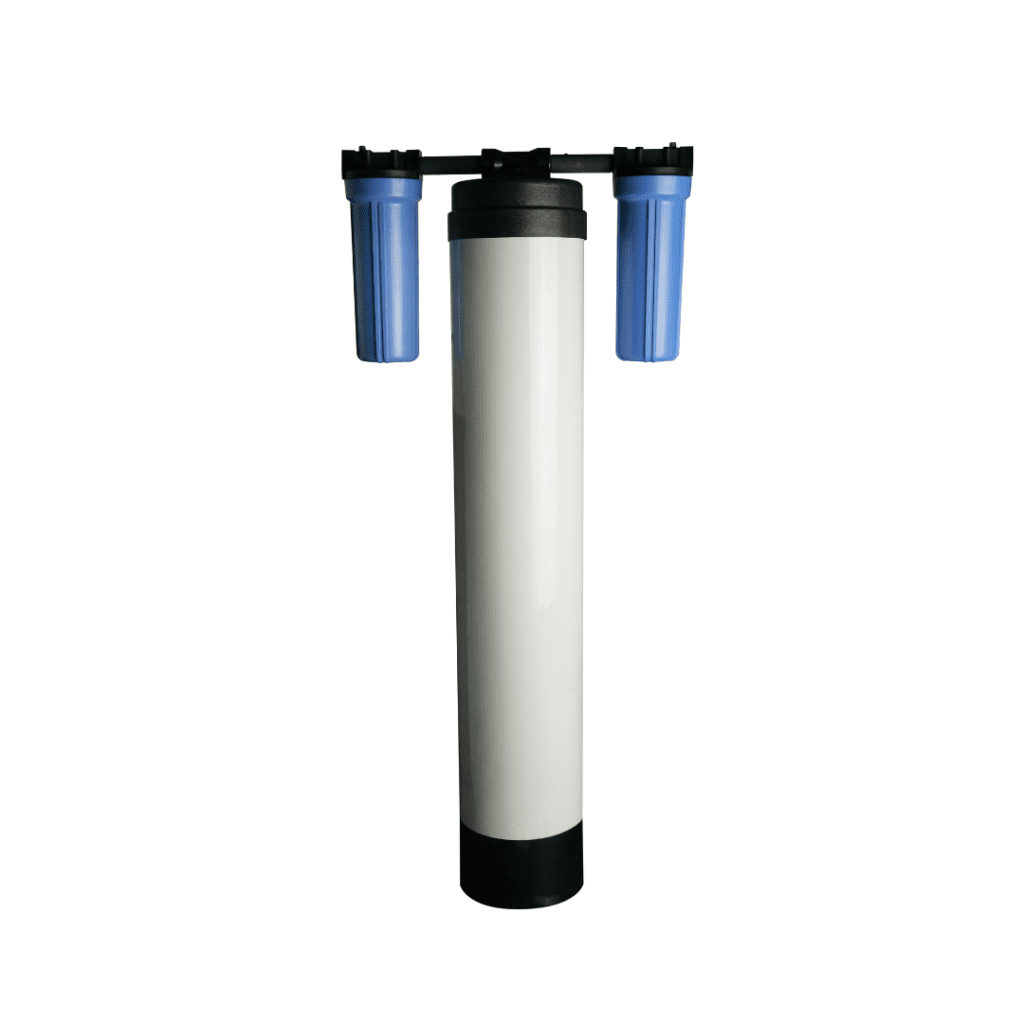
IL9 High-Capacity Whole House Water Filter System
Our whole house filtration systems remove sediments and contaminants at the source, providing clean water to every tap in your home.
SKU:
H2O-IL9
Category Whole House
Features and Benefits
Removes
GAC / KDF® Ideal for homes with 3 or more rooms
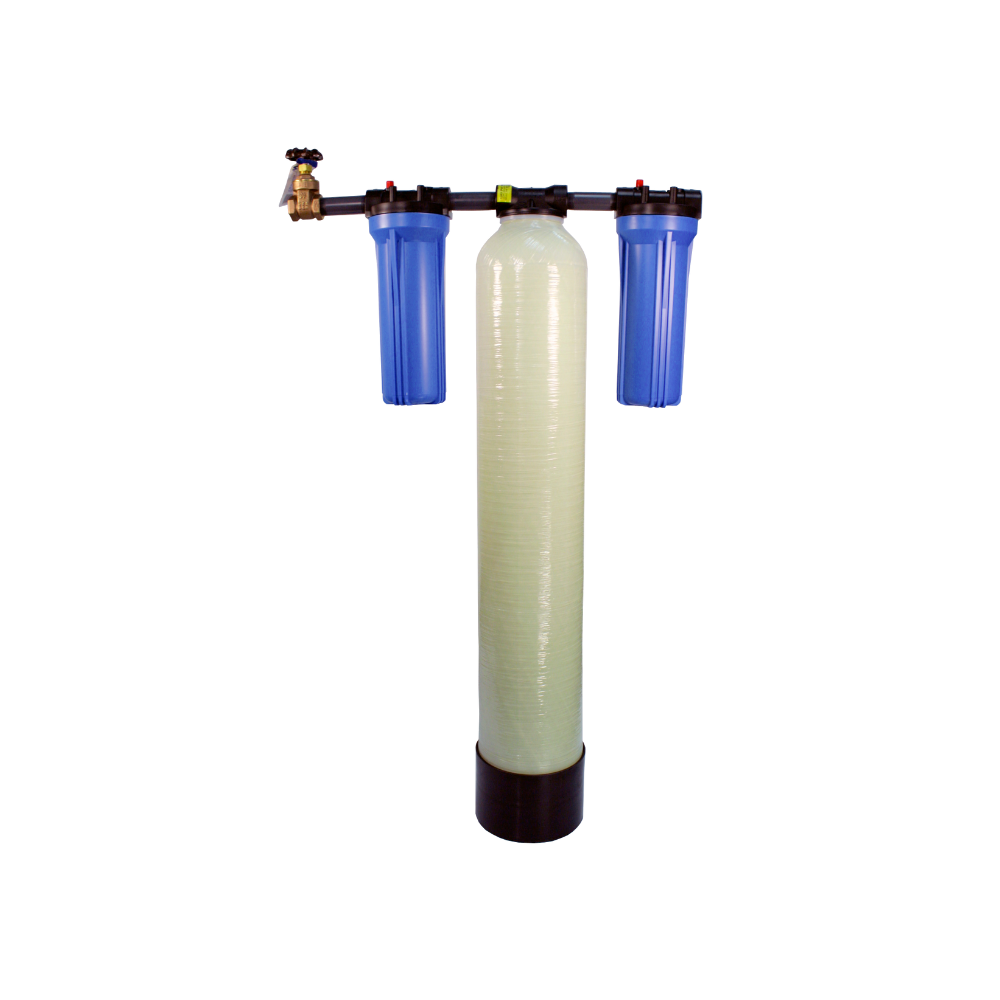
IL635 Whole House Water Filter System
Our whole house filtration systems remove sediments and contaminants at the source, providing clean water to every tap in your home.
SKU:
H2O-IL635
Category Whole House
Features and Benefits
Removes
GAC / KDF® Ideal for a small dwelling, apartments, Office, and Business use
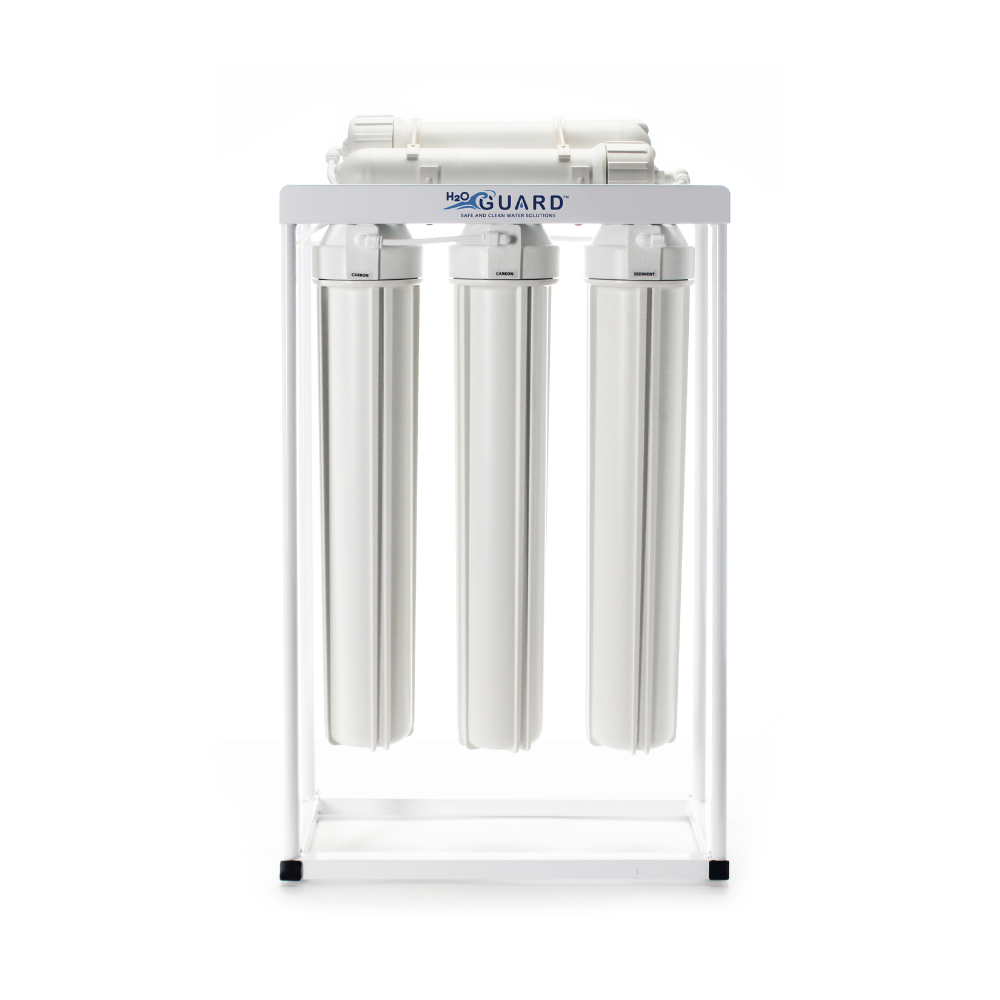
H2OGuard® Light Commercial 5-Stage Reverse Osmosis (RO) 200-Gallon System w/Optional Storage Tank
Our whole house filtration systems remove sediments and contaminants at the source, providing clean water to every tap in your home.
SKU:
H2OG-RO-200Q
Categories Boat/RV, Office, Whole House
Features and Benefits
Removes
RO For the Removal of Heavy Metals at 200 GPD.
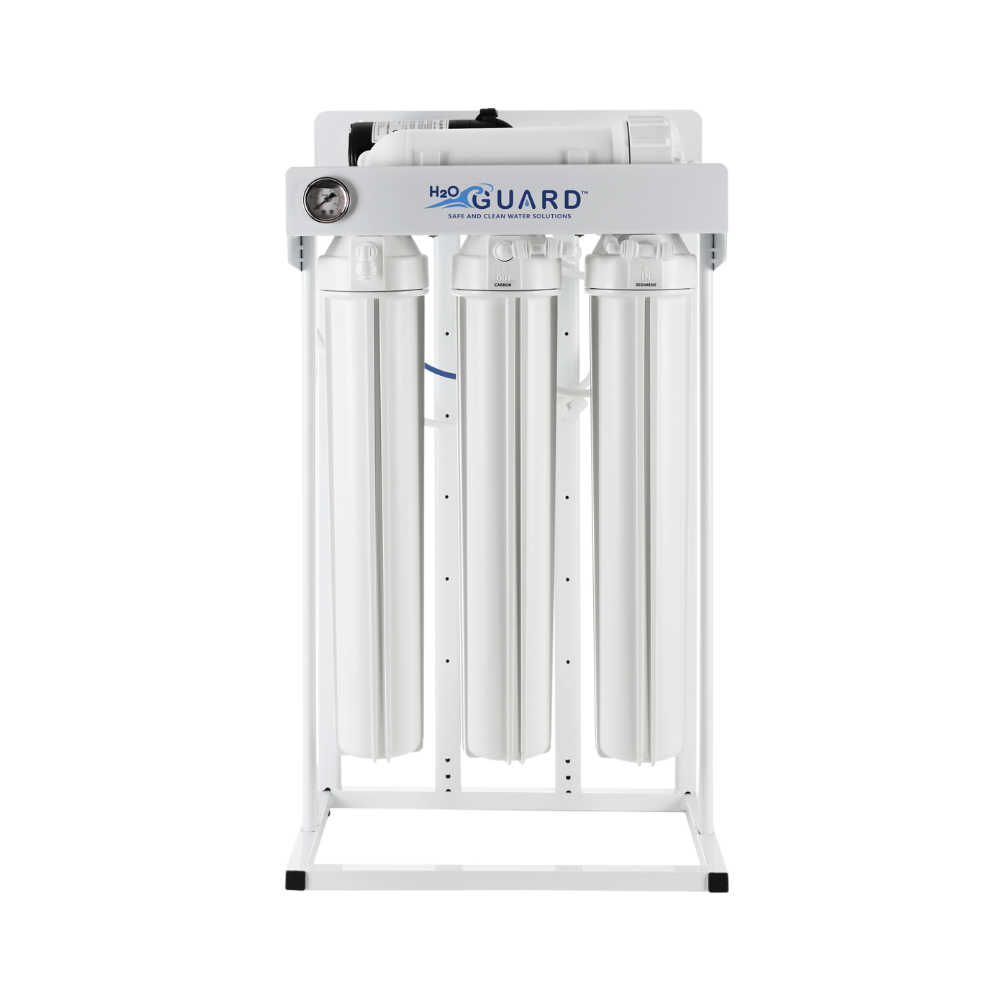
H2OGuard® Light Commercial 5-Stage Reverse Osmosis (RO) 300-Gallon System with Booster Pump and Optional Storage Tank
Our whole house filtration systems remove sediments and contaminants at the source, providing clean water to every tap in your home.
SKU:
H2OG-RO-300G
Categories Boat/RV, Office, Whole House
Features and Benefits
Removes
RO For the Removal of Heavy Metals at 300 GPD.
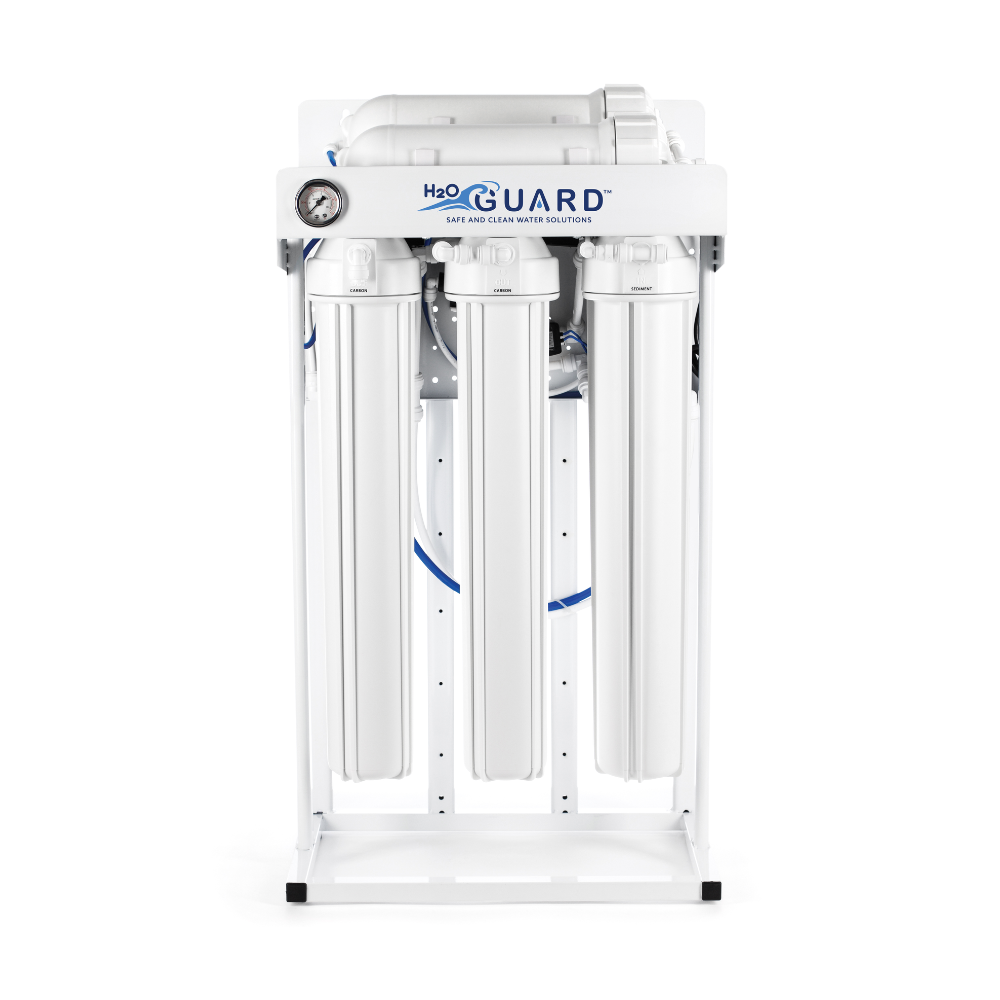
H2OGuard® Light Commercial 5-Stage Reverse Osmosis (RO) 600-Gallon System w/Optional Storage Tank
Our whole house filtration systems remove sediments and contaminants at the source, providing clean water to every tap in your home.
SKU:
H2OG-RO-600G
Categories Boat/RV, Office, Whole House
Features and Benefits
Removes
RO For the Removal of Heavy Metals at 600 GPD.
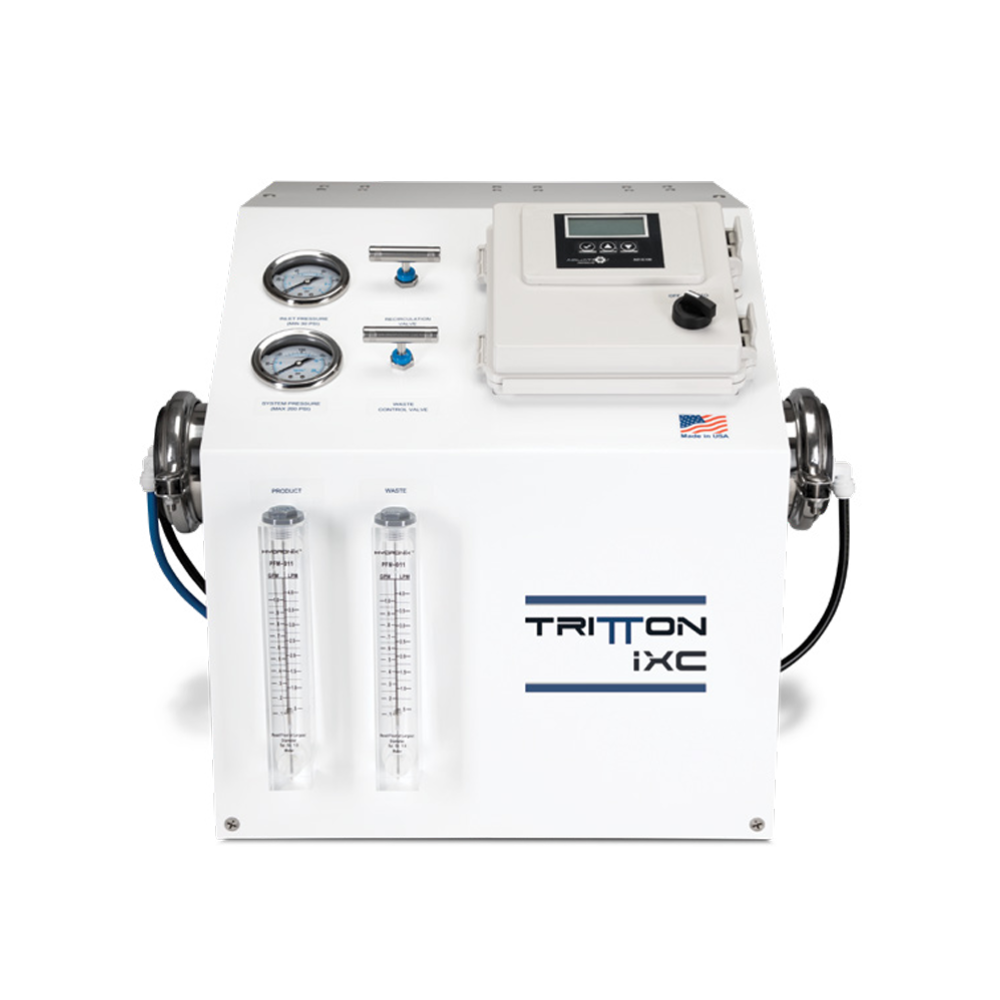
TRITTON 4-Stage Light Commercial Reverse Osmosis System. Optional Storage Tanks to Suit Your Storage Capacity Needs
Our whole house filtration systems remove sediments and contaminants at the source, providing clean water to every tap in your home.
SKU:
H2OG-ROS-IXC-850T
Categories Office, Whole House
Features and Benefits
Removes
RO For the Removal of Heavy Metals at 850 GPD
